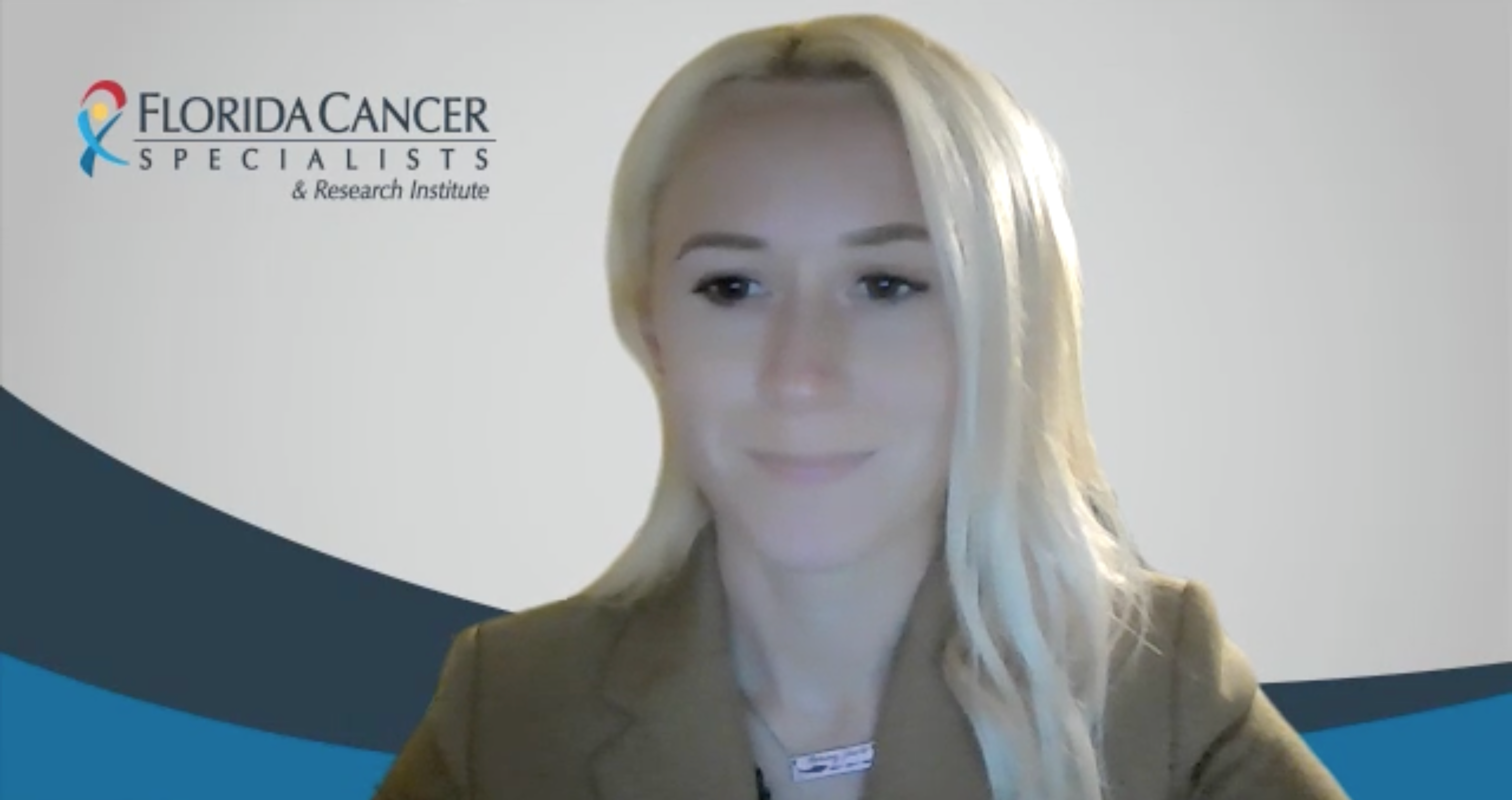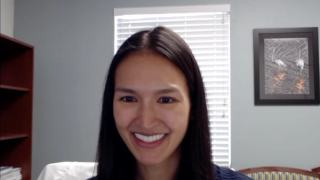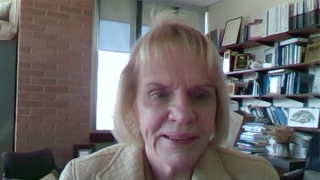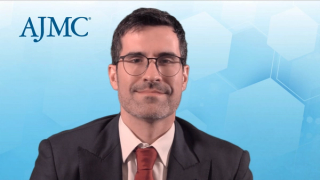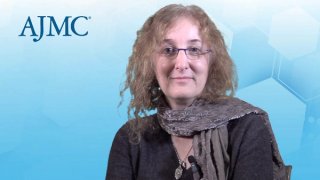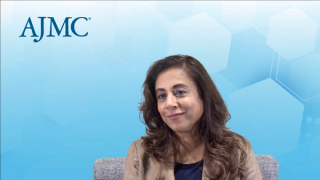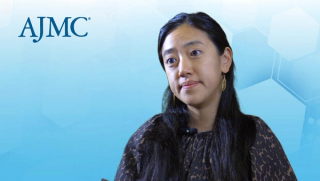
Oncology
Latest News

Patients with cancer express shock and anxiety over the recent ruling by the Alabama Supreme Court regarding frozen embryos; doctors are beginning to charge fees for administrative tasks; some universities are implementing accelerated nursing programs to help with the shortage.
Latest Videos

More News
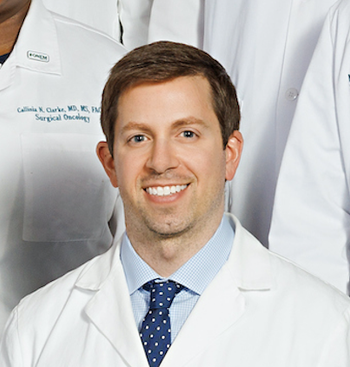
Chandler Cortina, MD, MS, FSSO, FACS, is assistant professor of surgery and breast surgical oncologist at Froedtert & the Medical College of Wisconsin. His current research focuses on breast cancer risk not only in general but also among transgender and gender-diverse populations.

Miriam J. Atkins, MD, FACP, president of the Community Oncology Alliance, discusses the impact of pharmacy benefit managers (PBMs) on health care costs and offers potential ways to remedy certain CMS decisions that negatively affect oncologists and their patients.

The increased risk is likely due to the underlying cancer disease and adjuvant treatments, researchers find.

A tumor-agnostic approval would be a significant development in the advance of antibody-drug conjugates (ADCs), which are designed to deliver a potent, cancer-fighting payload into a tumor while sparing nearby tissues.
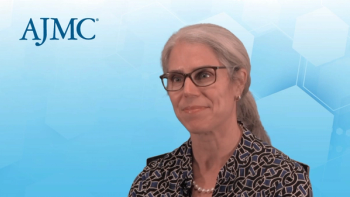
UnitedHealthcare's oncology payment mode initially involved a pay-for-performance program based on pathways adherence, and will be transitioning in 2024 to a broader system with graded quartiles to incentivize greater participation and pathway adherence.

The Thyme Care virtual navigation program demonstrated a $594 reduction in total costs per member per month for navigated cancer patients compared with a control group, emphasizing the scalability of the independent virtual navigation model across various contracts, with opportunities to adapt to different populations and needs in the evolving landscape of value-based care arrangements.

Treatment with both PD-1 and TIGIT immunotherapy alongside chemotherapy demonstrated improved progression-free (PFS) and overall survival (OS) compared with chemotherapy alone in patients with esophageal squamous cell carcinoma (ESCC).
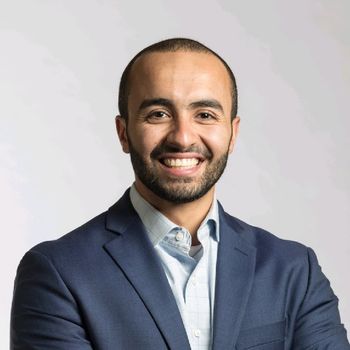
Especially during shortages, Kirollos S. Hanna, PharmD, BCPS, BCOP, FACCC, director of pharmacy services at Minnesota Oncology, says practices should carve out areas where going to a different therapeutic approach isn't considered off-pathway.

Biosimilars offer substantial promise for a new era of accessibility and affordability for patients and the broader health care industry, but better understanding of these products from payers and providers is necessary for biosimilars to reach their full potential in the US.

Health insurance coverage is a strong determinant of cancer care access and survival, and the observed variations are despite a significant increase in coverage under the Affordable Care Act.

Edward "Ted" Arrowsmith, MD, MPH, medical director for pathways at OneOncology and managing partner at Tennessee Oncology, talks about challenges and changes in clinical pathways and the importance of keeping them updated.

Cancer incidence fell by 8.7% across all cancer sites during the first year of the pandemic, according to a new study.

The most-read content from the 2023 American Society of Clinical Oncology (ASCO) Annual Meeting including the latest findings in ongoing clinical trials, a panel discussion on Medicare oncology payment models, and the importance of alignment between clinicians and payers on clinical pathways.
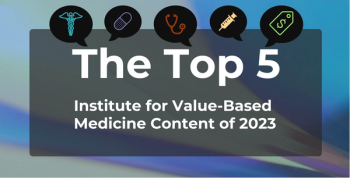
In 2023, there were 18 oncology and 7 population health Institute for Value-Based Medicine® events cohosted with organizations such as Optum, OneOncology, Vanderbilt Ingram Cancer Center, Duke Health, Cleveland Clinic, and Memorial Sloan Kettering Cancer Center.

Our most-read oncology content of 2023 included meeting coverage, research on an algorithm using patient-reported outcomes to predict hospital visits, and the launch of an National Comprehensive Cancer Network pilot project aiming to measure health equity.

“Unfortunately, limited access to these therapies worldwide appears to be a major challenge,” the researchers wrote.
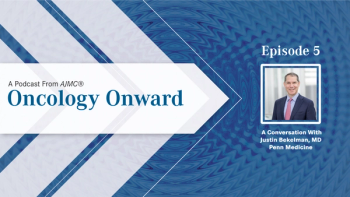
Justin Bekelman, MD, director of the Penn Center for Cancer Care Innovation, sat with our hosts Emeline Aviki, MD, MBA, and Stephen Schleicher, MD, MBA, for our final episode of 2023 to discuss the importance of collaboration between academic medicine and community oncology and testing innovative cancer care delivery in these settings.
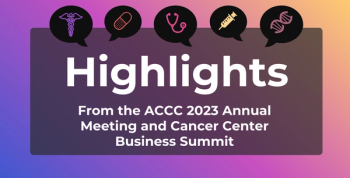
Our most-read coverage from the Association of Community Cancer Centers (ACCC) 2023 Annual Meeting and Cancer Center Business Summit highlighted ongoing issues in oncology policy and practice.

The approval of belzutifan, an oral hypoxia-inducible factor-2 alpha inhibitor, provides a new option for patients with advanced renal cell carcinoma (RCC) following treatment with a programmed death receptor-1 (PD-1) or programmed death-ligand 1 (PD-L1) inhibitor and a vascular endothelial growth factor tyrosine kinase inhibitor (VEGF-TKI).
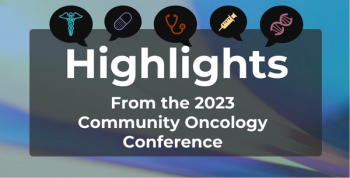
Our top coverage from this year’s Community Oncology Conference, hosted by the Community Oncology Alliance, included discussions around alternative payment models, shifts in the community oncology landscape in recent decades, and the need for reform in several areas.

Authors highlight key aspects of the California Cancer Care Equity Act, including its focus on Medi-Cal beneficiaries, the requirement for managed care plans to contract with specialized cancer centers, and the definition of complex cancers.

Spanning 22 studies, the analysis illuminated housing disparities, occupational hazards, unequal health care access, economic inequality, and discriminatory industry practices and how they collectively contribute to heightened lung cancer risks.

Positive data from the phase 3 EV-302 trial of enfortumab vedotin with pembrolizumab in locally advanced or metastatic urothelial cancer have shifted the landscape.

Researchers found that core oncology services were less likely to be available at hospitals serving racial and ethnic minority groups compared with other hospitals in the United States.

A new report from IQVIA provides an overview of current US drug shortages, shedding light on major areas of concern, such as medications to address pain, cardiovascular conditions, obesity and diabetes, and multiple forms of cancer.

